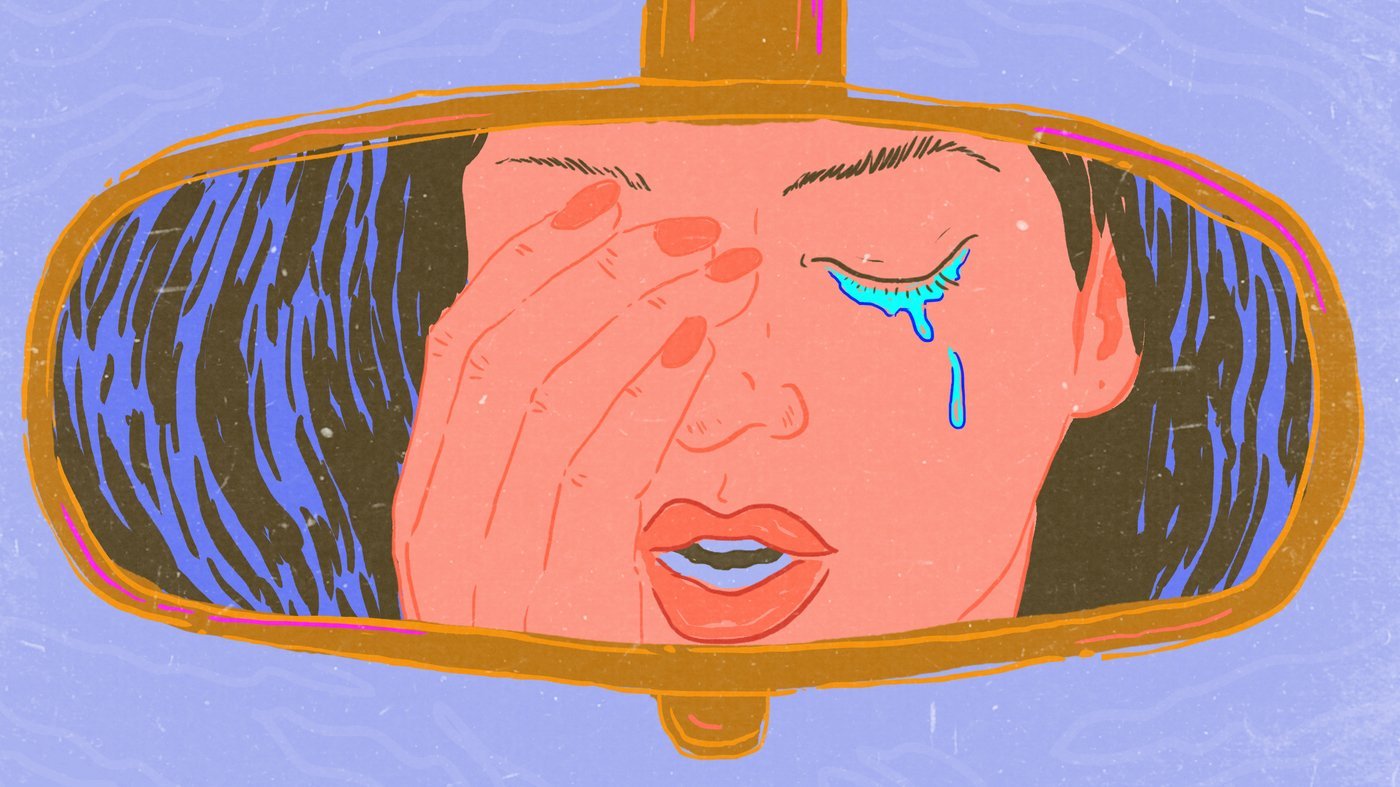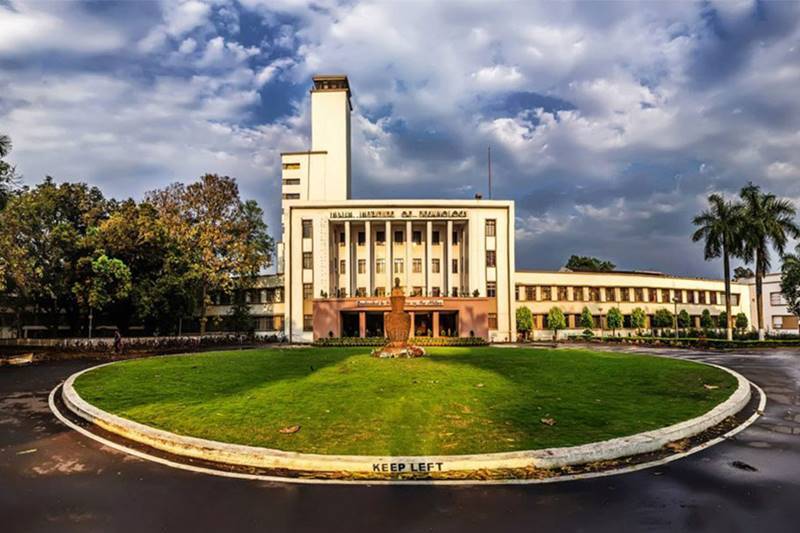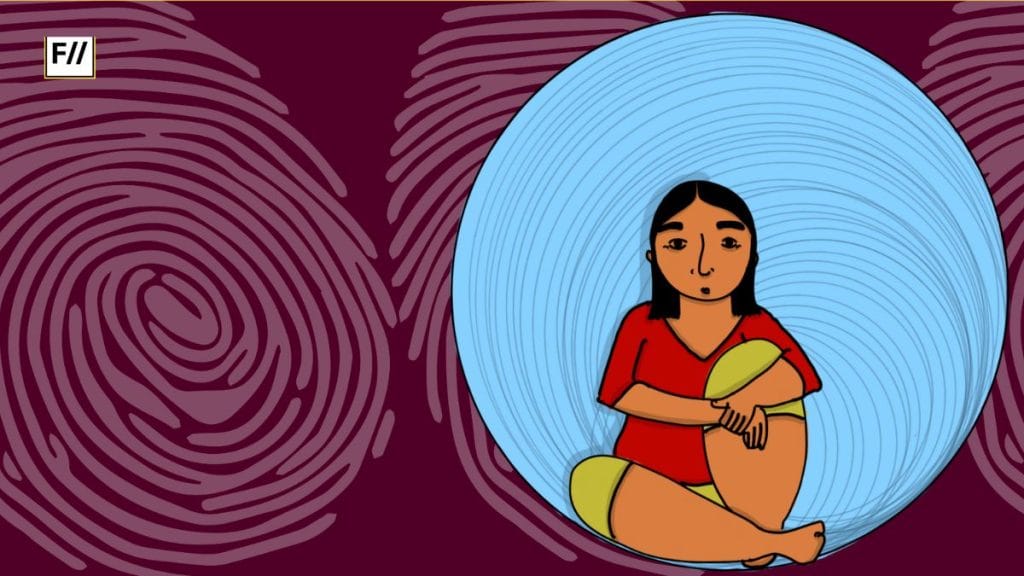“We should not mute all of that!“
“Imposed silence about any area of our lives is a tool for separation and powerlessness.“
-Audre Lorde
I was never a ‘cry-cry’ person. When I was very young, I took a lot of pride in the fact that, like other kids of my age, I did not cry much. This feeling enhanced when my mother used to boast saying. “জানোতো, আমার মেয়ে ছোটবেলায় কাঁদত না।” (You know, my daughter did not cry much when she was a child). I really felt content about the fact that I could take forward my childhood legacy. For a very long time, I bragged about the fact that, on my first day of school my eyes were free of tears.

But as I grew up, there were substantial changes in the meanings and interpretations that I, once held on to. But it took a long time for me to rethink my perception about the emotion of ‘crying’ (which I would rather prefer to call notion). And when it changed, I realised ‘crying’ is equally important like it’s opposite, ‘smiling’. I noticed, while the latter appeared in broad day light, the former more often, shined during the night. This can be more vividly understood through various poetry, music which romanticises ‘shedding tears’ in the dark.
It became even more problematic for me with my experiences around crying. While initially it appeared to me to be exclusively peculiar to my traits, but it was not really so. From a very young age I knew, ‘We laugh when we are happy and we cry when we are sad.’ But strangely, I used to cry (I still do) when I am extremely happy. It thereby completely changed my notion of algorithm around ‘crying’ and thus, I started questioning it more in depth.
‘Crying’ has always been something to be hidden from others. It is usually considered to be inordinately ‘personal’. But is not ‘personal’, ‘political’ too? We often lack an understanding of our reaction while one is unexpectedly crying while it is never the case when there is any instance of unusual laughter.
And then I noticed, while many of us cry our hearts out when we are happy, there are many around us who are in a constant attempt of putting up a facade of smile and one never knows how many tears reside behind that pretence, who are in a constant urge of breaking free. ‘Crying’ has always been something to be hidden from others. It is usually considered to be inordinately ‘personal’. But is not ‘personal’, ‘political’ too? We often lack an understanding of our reaction while one is unexpectedly crying while it is never the case when there is any instance of unusual laughter.
An emotion like ‘crying’ can not only be distinguished as only a natural construct, but also social. Many have argued that, all sets of emotions are however scripted and it depends on how culture permits, sustains, produces and reproduces emotions. ‘Crying’ is no exception.
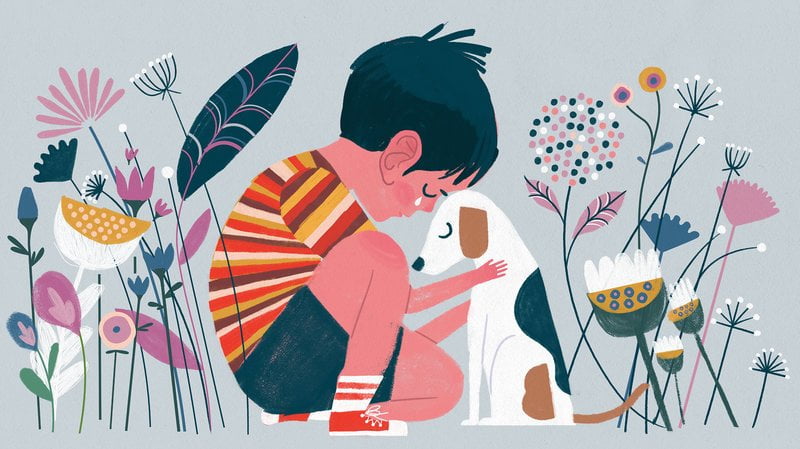
‘Crying’ has also been successfully distinguished in two forms. While one is seen as ‘genuine’, another one is perceived as ‘artificial’ which is often addressed as ‘crocodile tears’. And while, the former ones are the respected ones, the ‘crocodile tears’ are part of the disrespected lot. It is again important to remember that the judgement we make about tears, as we deem them to be normal or excessive, sincere or manipulative, expressive or historic are often subjected to the social construct around the emotion of ‘crying’.
Since I am addressing ‘crying’ as a social construct, it is also important to ask another vital question, ‘is crying gendered?’ In an ideal utopian world, in your heart, you would read the answer as ‘no’. But in reality, we affluently divide everything into binaries. Hence, from this understanding emerge, sexist statements like, “Boys do not cry!”; ‘মেয়েদের মতো কাঁদছিস কেন?’ (Why are you crying like a girl?)
This thereby, creates a lot of added pressure on men, who in an attempt to hold on to the powerful and prestigious positions presented to them by patriarchy, are unable to articulate their emotions. Thus, the constant duality of gulping down a lot of privilege in the burden of masculine image has been troublesome.
Though in recent times, there has been a lot of attempts to break down this notion with various advertisement campaigns as well as incorporation of movie scenes which challenges the stereotypical popular assumptions around crying. But has the stigma around crying gone? If you ask me, I would say no. Crying has often been equated to something to be ‘weak’. And no brownies for guessing who is the weaker gender!
Though in recent times, there has been a lot of attempts to break down this notion with various advertisement campaigns as well as incorporation of movie scenes which challenges the stereotypical popular assumptions around crying. But has the stigma around crying gone? If you ask me, I would say no. Crying has often been equated to something to be ‘weak’. And no brownies for guessing who are the weaker gender!
Thus the popular assumption has often equated crying with ‘femininity’. So in the binary, ‘crying’ is considered to be more frequent to women. And it is due to this pressure that women in powerful and strong positions, irrespective of their social context often make deliberate attempt to stop their tears from being visible. Holding on to one’s sensitivity is an art that one imbibes in this capitalist world in order to win Darwin’s game of the ‘survival of the fittest.’
Also read: Where Can We Cry? – Forced Silence And Subversion In Educational Institutions
And what exactly is happening as a result of all these? We are slowly moving away every bit from who we are and moulding ourselves to become what the world wants us to be. To be more specific, what our tyrant patriarchy wants from us; and ‘crying’ is one of the million instances. I find it really relevant to quote here what Jennifer Palmieri writes in her book, ‘Dear Madam President’,
“It is a toxic brew of the need to prove we are tough enough to play a man’s game combined with a woman’s sense of duty. Crying can be way we express anger or frustration or passion or sadness. We shouldn’t mute all of that.“
In this regard, it is also significant to talk about ’emotional breakdown’. Till today, in most of the cases, it is our physical health which has always been prioritised. While sexual health (for some) is at least acknowledged at some point in life, ‘mental health’ is often rendered invisible. There is zero awareness around mental health amongst us and therefore, a lot of us are unaware of ways to handle situations of emotional breakdown. While we often tend to treat this as ‘temporary’, it might have a lasting impact on the individual. The ‘suppression’ of emotions and often conscious venting within us creates an impact even on our everyday negotiations.
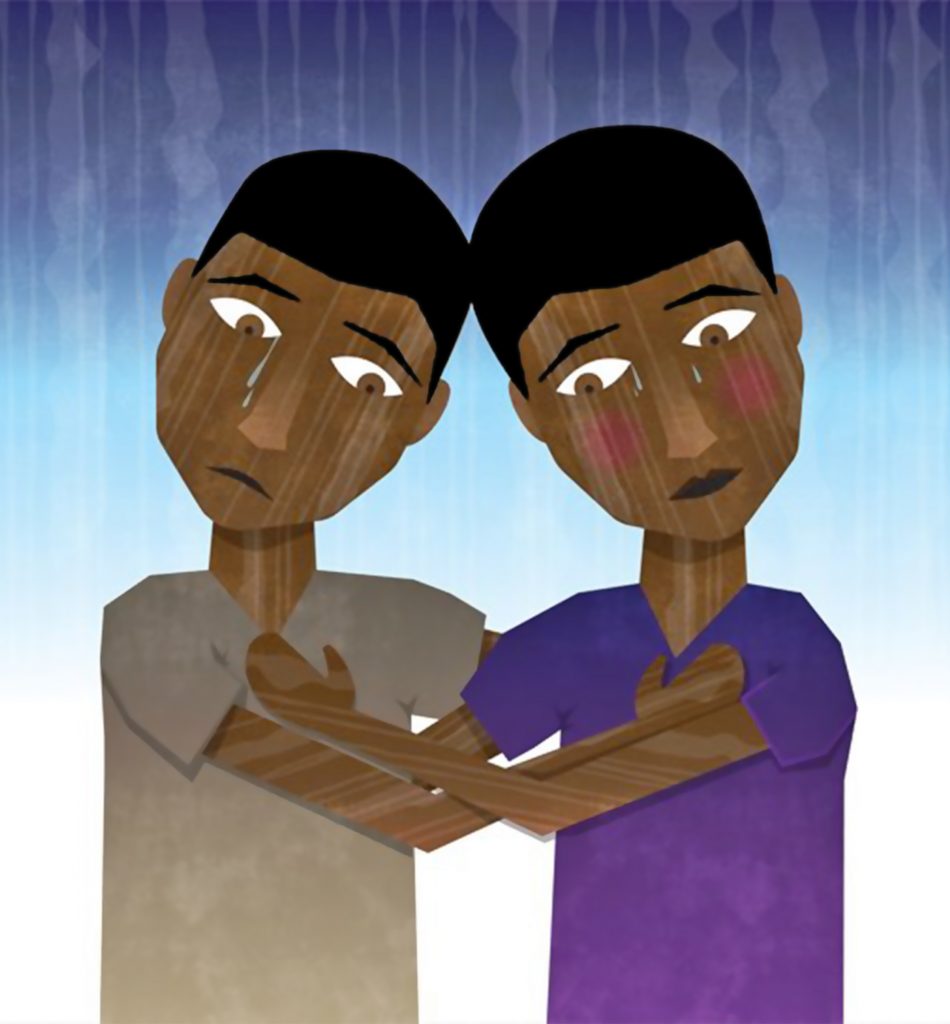
So from today, if you are having an argument and you break down in the middle of it; embrace it. It is your strength. Yes, kuch to log kahenge, ‘Oh cannot tell anything to you; you are so sensitive!‘ No instead of trying to hide your sensitivity; why not flaunt it?
Also read: K Sivan— Men Crying In Public And The Larger Message It Carries
Yes. Crying empowers us. One of my friend told me once, ‘crying heals you’. Yes it does. In this world where many of us dig down to find hope, a lot of us live everyday negotiating with our own selves. Let us not be so hard on ourselves. I believe this will help us to create a reality where, “Even when you lose, refuse to be defeated.”
Let us not mute all of that!
Featured Image Source: NPR
About the author(s)
Joyoti Chowdhury is a Sociology Student with the hope of emancipation to create an egalitarian reality.
